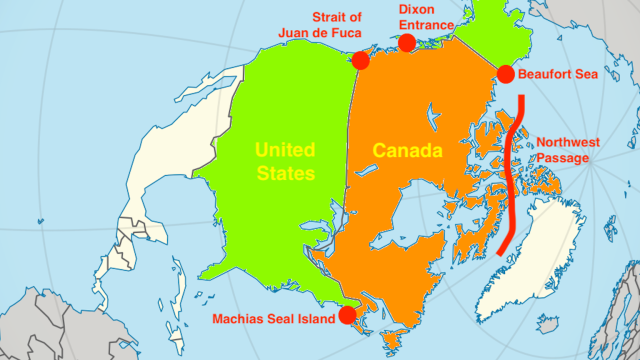How America’s Big Science Literacy Mistake Is Coming Back To Haunt Us

Without these two elements, we’re doomed to fail.
In this day and age, it’s virtually impossible to have sufficient expertise to figure out what the complete, comprehensive, scientifically validated truth surrounding any issue is. Unless you yourself have spent many years studying, researching, and actively participating in furthering the scientific endeavor in a particular field, you can be certain — with an incredibly high degree of confidence — that your non-expertise will fundamentally limit the depth and breadth of your understanding. Put simply, your inexperience, relative to that of bona fide professionals, gives you too many blind spots that you yourself will be unaware of, to be able to distinguish what’s valid and conclusive from what’s not.
We have this persistent myth that’s been a part of a society for a very long time: that if you just do your own “research,” figuring out what you’re capable of learning from reading and listening to other sources, you’ll be just as capable of the experts at distinguishing truths from falsehoods. That if you just learn enough of the relevant facts and apply your logic, intuition, and critical reasoning skills to any problem you encounter, you’ll be as scientifically literate as anyone, empowering you to make expert-level decisions as routinely as the experts themselves can.
This fundamental misunderstanding of what it means to be scientifically literate, and the accompanying, even if unintentional, devaluation of actual expertise, is in large part why so many of us mistrust and misunderstand science today. We can correct our course, but only if we understand what it actually means to be scientifically literate.
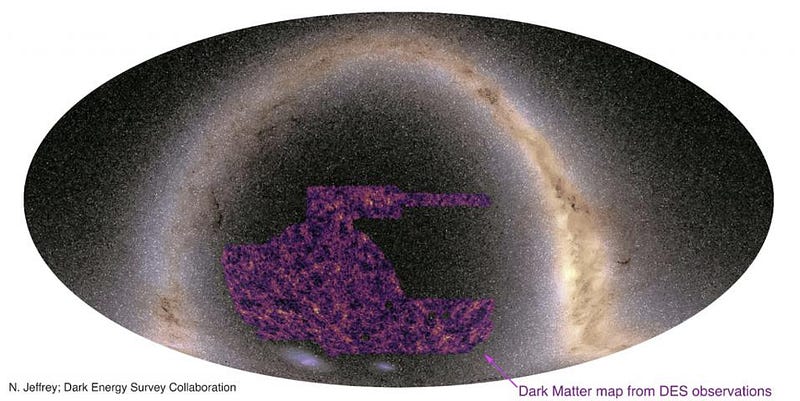
The common definition of science literacy. What does it mean to be scientifically literate? For most people, they use a simple proxy for measuring their science literacy the same way they would use one for measuring language literacy: their ability to answer a variety of questions about scientifically known facts and issues. If you understand the basics of things like:
- the law of gravitation,
- biological evolution,
- the geological layers of the Earth,
- the germ theory of disease,
- planetary motion,
- along with mathematical concepts like rates, ratios, and percentages,
you’re guaranteed to do well on any number of tests allegedly designed to measure scientific literacy.
When the results of these tests and surveys come back, they’re almost always accompanied by headlines deriding the state of science literacy where they’re measured. For example,
- some percentage of people don’t know that the Earth is round;
- some percentage of those who know that it’s round don’t know how to discern whether it’s round or flat for themselves;
- some percent of people who can demonstrate that the Earth is, in fact, round, are unable to take the further step of determining Earth’s circumference from their measurements.
For almost all of us, asking progressively more and more sophisticated questions, just like this, will eventually reveal where our understanding ceases.
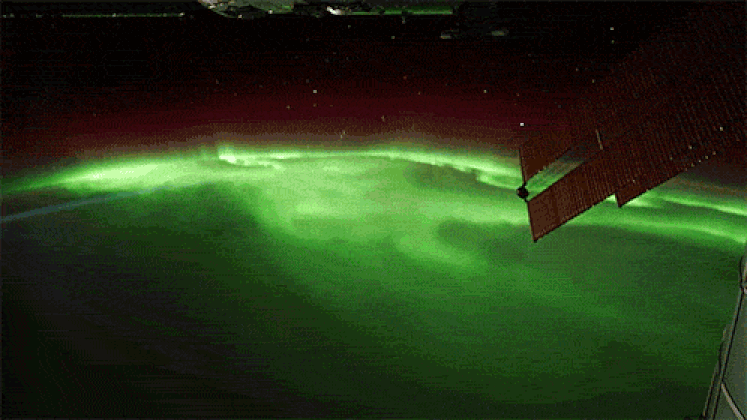
One common question that’s often asked in these surveys is whether the Earth revolves around the Sun or whether the Sun revolves around the Earth? Reliably, every time the question is asked, approximately 1 in 4 respondents get it wrong, answering that the Sun goes around the Earth instead of the other way around. But does this mean, as is often implied by those reporting on this, that Americans are hopeless, unable to learn and assimilate even the most basic facts about our physical reality.
Hardly. Just like IQ tests, SAT tests, or GRE tests, these types of tests measure one and only one thing: how well the people answering these questions perform at answering these questions. IQ tests don’t measure your intelligence; SATs don’t measure your scholastic aptitude, and GREs — both generally and in any particular subject — are a horrendous predictor of long-term career success.
What we’re using as a proxy for scientific literacy, the ability to answer a pre-chosen set of questions about the results of prior scientific inquiries, is woefully inadequate.
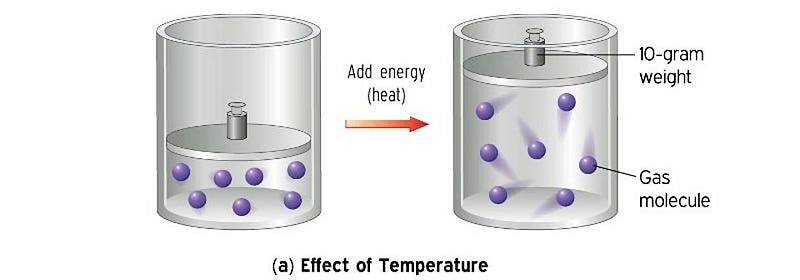
Why that definition fails us, every time. For starters, we’re not actually “doing science” when we’re making decisions or choices; we’re taking a shortcut. We’re using our current conception of the world and how it works — a conception that’s riddled with flaws, holes, and other blind spots — and basing our evaluation of scientific literacy on the ability to recall certain facts: facts that were most likely learned by rote. We aren’t figuring things out by putting the question to the laws of nature and listening to what nature tells us; we’re trying to remember the correct answer to questions that almost all of us have never, in fact, investigated ourselves.
Beyond that, even if we were to go away and perform the relevant experiments or acquire the relevant observations for ourselves, most of us would be woefully ill-equipped to draw the proper conclusions from the raw data. Most of us have no idea how to:
- properly calibrate or control those experiments,
- account for systematic uncertainties,
- follow the appropriate set of procedures for responsibly acquiring that data,
- or place those results in the context of all the other pieces of information that are relevant to the question we’re investigating within this particular field.
In short, the very fact that we’re lacking the required expertise to do this research prevents us from, in most cases, drawing valid conclusions even if we (think that we) understand the research for ourselves.
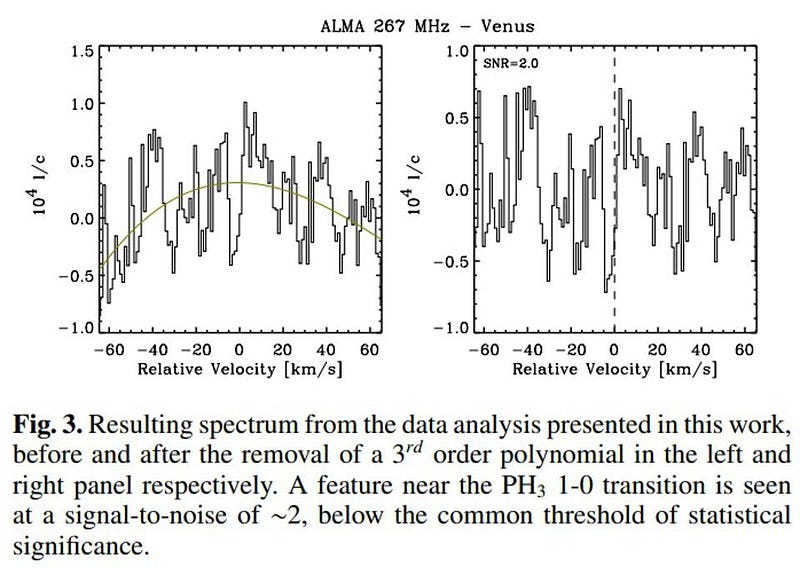
It’s tempting — just as Socrates was blamed for “corrupting the youth of Athens” through his teachings — to blame scientists and science educators for these perceived failings among the general populace. But such a line of thought is completely misguided, for a variety of reasons. For one, student performance often has very little to do with the instruction they receive. For another, long-term retention of facts learned in an academic setting has been demonstrated to be rare. And still another point is that people often decide what to believe for reasons other than scientific validity.
However, none of that actually gets to the core of the issue: that it’s an unreasonable expectation, even among scientists, to correlate answering a random set of questions about science correctly with one’s scientific literacy. These past 18 months have highlighted how poor nearly all of us are, ourselves, at:
- separating fact from fiction,
- choosing our experts wisely,
- drawing valid conclusions from the same raw data,
- understanding the full context in which certain studies are performed,
- following the full suite of data rather than the components that conform to our pre-existing biases,
- and, for lack of a better term, doing our own research.
Put simply, most of us are too underinformed to make an appropriately informed decision concerning many of the scientific issues facing us today. Even though the concept of “informed consent” is a pillar of medical care, being “informed” is much more about perception, in this context, than actually being adequately informed in any meaningful sense.
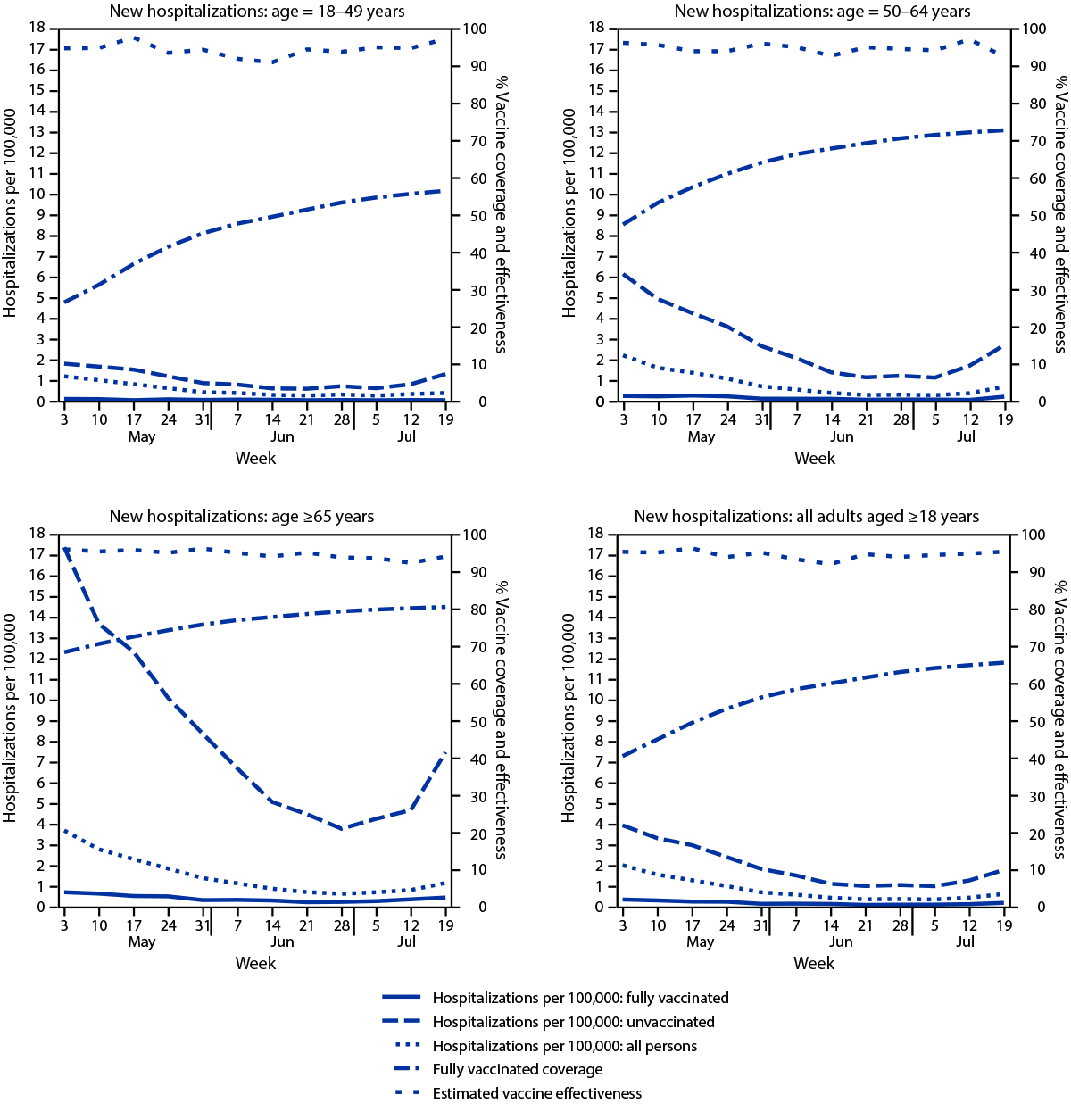
So, what is scientific literacy? Many important concepts in science, to put it bluntly, are beyond the ability of most people to master. That isn’t because they aren’t intelligent enough, but rather because most people are simply not going to put the requisite time and effort into learning how to properly conduct science in the particular field or sub-field they’re learning about. In order to actually become a competent scientist, years of specialized training are needed, and not only is it the case that innumerable new concepts need to be learned in gory detail, but an enormous number of misconceptions will need to be corrected in the process. Most new students, from the beginning of their undergrad education to the end of graduate school, require about a decade of full-time work in order to reach that point.
Rather than requiring that mastery to exist among everyone — a foolhardy and unattainable goal — a much more powerful measure of scientific literacy can be imparted to the general public through only two metrics:
- fostering an awareness of what the enterprise of science actually is,
- and fostering an appreciation for how applying the best known science to our societal problems positively impacts all of us.
As persuasively argued by Dr. Morris Shamos (mildly famous as the science advisor to Mr. Wizard) until his death in 2002, and then ignored by science educators everywhere, the combination of an awareness of and an appreciation for science would be transformative for our society.
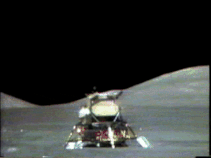
At its very core, the enterprise of science is two things simultaneously, where neither one has any value without the other. On the one hand, science is the full suite of knowledge and data relevant to a particular issue: the cumulative answer to every aspect of one particular question, “what is true?” On the other hand, science is also a process for testing, inquiring, refining, and reproducing results that will probe and reveal further information about the Universe, beyond what is presently known. When one talks about “being aware” of the enterprise of science, it requires a recognition of your own incompetence in all areas compared to the greatest experts, including, if you yourself are a scientist, of your own ignorance and incompetence in various aspects of even your own field.
As far as an appreciation of science goes, consider your quality of life today, compared to that of your grandparents, your ancestors from centuries or millennia ago, or of a prehistoric human who might have lived 10,000+ years ago. Our ability to understand the environment around us, the laws of nature — including laws inherent to both the physical and life sciences — that all things obey, and to develop ubiquitous, life-improving technologies as a fruit of that knowledge, has led to so many of the modern advances we take for granted.
The electronic devices that permeate our society, the sophisticated medical care available to so many of us, and the improvements in our quality of life even over our lifetimes so far are undeniable. Science has made all of that possible, and to appreciate science is to appreciate the advances it’s brought into our lives.
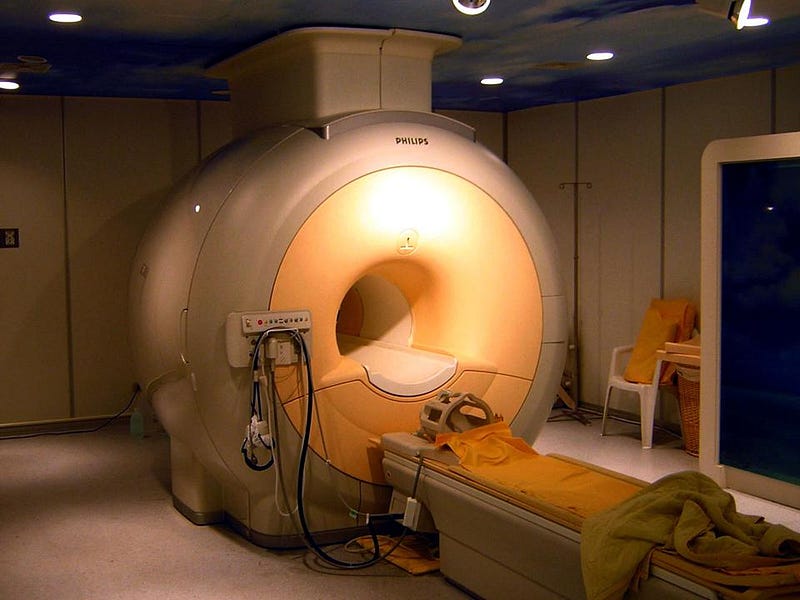
So, then, how do we create a scientifically literate society? No one’s going to like the answer, but here it is: it’s going to take a lot more listening to the relevant, appropriate experts, and a lot of shutting the remainder of what you’re hearing — the noise — out. Bad news: most of what you listen to or watch is noise. Most of the media you consume is noise. And much of what you can find on the internet, particularly if you’re having that information curated to you through social media, is not just noise, but actively misinforming you in a way that’s designed to play to your preconceived biases. You’re not going to become any more scientifically literate without putting the requisite effort in, the same way you won’t become a more ethical person without examining your actions and how they’ve impacted others.
The way you build that society involves instilling superior values to the ones we currently possess in the United States. The idea of “rugged individualism” is completely antithetical to science, which almost always progresses in fits-and-starts: through gradual accumulation of new knowledge accompanied by the occasional theoretical or experimental breakthrough. Without the power of scientific community — and the collaboration and knowledge-sharing that takes place within it — scientific advances would be virtually impossible.
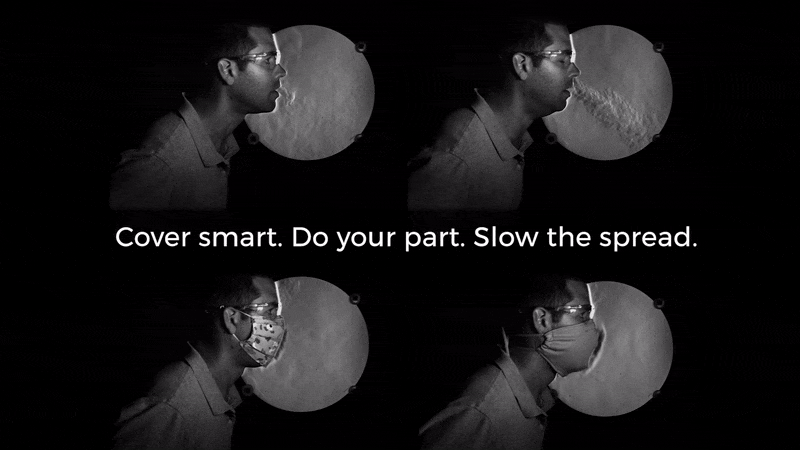
And yet, those advances happen all the time. The novel coronavirus, SARS-CoV-2, which continues to plague the world in an ongoing pandemic, has a number of safe and highly effective vaccines for use in humans that have been rolled out in record time. A large number of previously deadly illnesses have been eradicated, while others remain on the brink of eradication. At the same time, our ability to explore space, provide virtually limitless amounts of electricity to homes all over the world, and to even non-invasively “see” inside our own bodies for diagnostic purposes is now routine. Even if you’re dismissive of science and technology, it still benefits you all the time, whether you understand it or not.
There is one bias, however, that will prevent you from ever becoming scientifically literate in these meaningful ways — being aware of the enterprise of science and being appreciative of the impacts our scientific advances have on our lives and our society — unless you overcome it: you absolutely must be willing to admit when you have been wrong. Science is not concerned with what you believe, what compels you, what your logic or intuition or gut feeling tells you, or even what you know, in your heart, to be correct. Science is concerned with what is empirically, verifiably true about this Universe we all inhabit, and when it tells us that “we were wrong” about something, we can be certain that we were.
Until we learn how to change our minds, which requires that we open our minds to the possibility that we were mistaken in the first place, this type of growth, as a society, will be impossible.
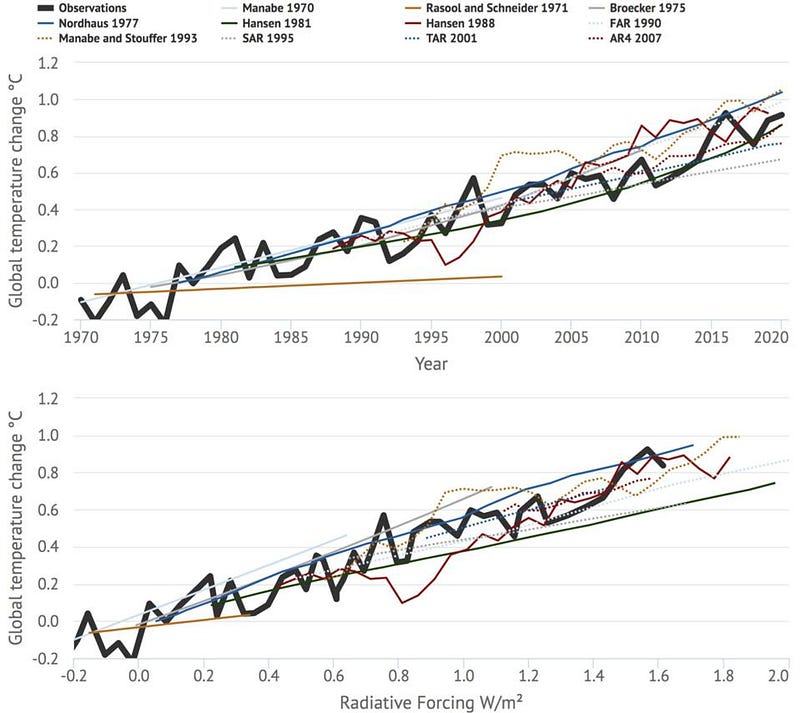
For an extremely long time, we’ve attempted to treat science and scientific literacy as we naively and foolishly treat many things: as though we can use some sort of quantifiable measuring stick, based on a test that anyone can take, and use that to draw conclusions about scientific literacy in general. Yet someone who studies climate science for a living will have a very different level of literacy when it comes to that subject than they will when it comes to Covid-19. It’s why it’s imperative to look to the consensus of climate scientists when it comes to the field of climate scientists and the consensus of virologists, immunologists, disease ecologists, and public health experts when it comes to Covid-19.
The idea that we can choose our experts based on what they’re saying and how palatable their message is to us — or worse, based on how well they already agree with our preconceptions — is a recipe for disaster. The one weapon we have against our own ignorance, and our own unwillingness to revise our previously held convictions, is scientific literacy: the ability to gather and assimilate information that itself lies beyond our own expertise to obtain for ourselves. It’s a tall order for anything, and it only happens one mind at a time. Still, it’s the only thing that I know of that can disprove the musings of legendary musician Frank Zappa, who asserted, “One of my favorite philosophical tenets is that people will agree with you only if they already agree with you. You do not change people’s minds.”
You don’t. But, if you can get them to listen to science, the science just might.
Starts With A Bang is written by Ethan Siegel, Ph.D., author of Beyond The Galaxy, and Treknology: The Science of Star Trek from Tricorders to Warp Drive.





